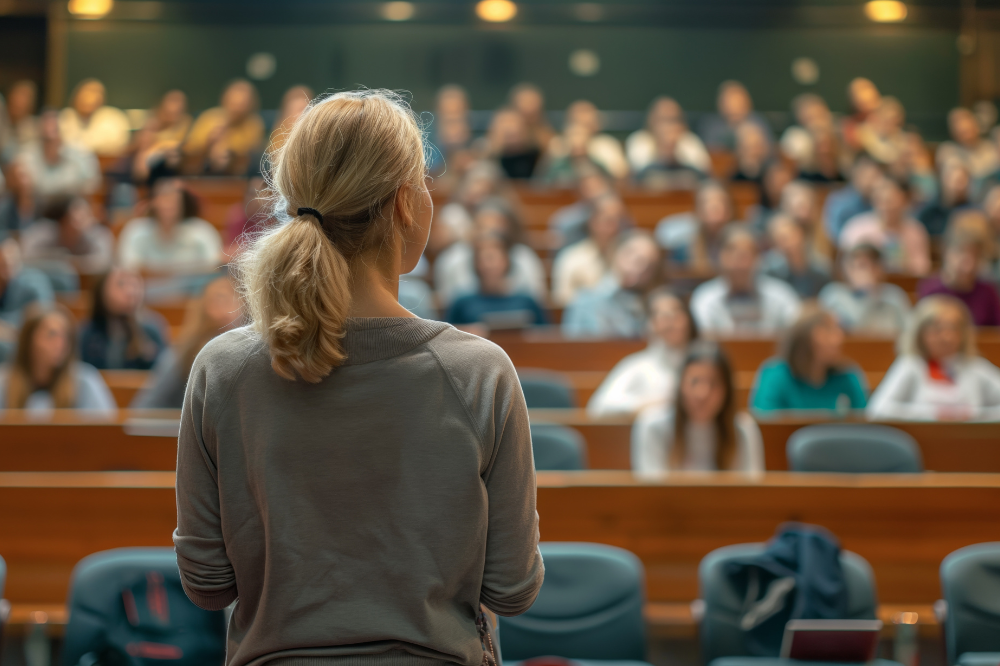
Private coaching colleges are claiming significant influence over the academic success of HSC students, boasting that hundreds of high-achievers owe their results to their courses. One Sydney college alone reports tutoring nearly a quarter of students who received top marks in the challenging Mathematics Extension 2 course in 2024.
However, experts warn that the expanding coaching industry—estimated to be worth over $1 billion—risks undermining classroom teaching and exacerbating educational inequality.
“Many start before high school, especially for maths, so they are forever a term ahead of the syllabus,” said a Sydney public high school teacher, speaking anonymously in an interview with The Age. “It can make it difficult for those not in tutoring.”
Unregulated industry and growing competition
Over the past two decades, unregulated coaching centres have proliferated, offering selective school test preparation and accelerated HSC courses, The Age reported. Costs can be substantial, with some colleges charging upwards of $12,500 annually for three courses.
One prominent college, Dr Du Education, claims to have tutored 330 top-ranking Mathematics Extension 2 students in 2024. Its courses, taught in streamed classes after entrance exams, provide challenging content often ahead of the school syllabus.
Mohan Dhall, CEO of the Australian Tutoring Association, criticised the lack of oversight in the industry. “The claims on the centres’ websites will tend to be self-serving, and they appear to use students’ results to drive financial returns. There is no evidence top students would not have achieved the same marks without coaching,” he said. “It is a global issue, and there’s a huge policy gap for public education regarding the growth of coaching.”
Impact on schools and students
Selective public school teachers reported that coaching diminishes their authority in the classroom. “It can have quite a serious impact in the school classroom,” one teacher said. “Students can focus on coaching work in class instead of their schoolwork. Teachers can then be seen as a second-rate provider.”
Parents often feel pressured to enrol their children in coaching programs to keep pace with peers. North Sydney Boys graduate Bowen Wu said students frequently use tutoring to study content ahead of their school curriculum. “People do tutoring for the benefit of having longer to think over the content, so it doesn’t feel as rushed, and so that when you’re in school, you’re already in this revision process,” he said.
The NSW Education Department maintains that students do not require tutoring to excel in the HSC. “Students don’t need to be tutored to succeed at school,” a department spokesperson told The Age. “The HSC results received by our public school students reflect the great work of their teachers in supporting students to achieve their best.”
Calls for greater transparency
Experts argue that the industry is intensifying competition for selective schools and widening education inequality. Some coaching programs reportedly allocate double the recommended study hours, increasing academic pressure on students.
Calls have been made for the government to release more comprehensive HSC data to provide a fuller picture of student performance and school contributions. However, only limited information, such as top-band achievements, is currently available.


